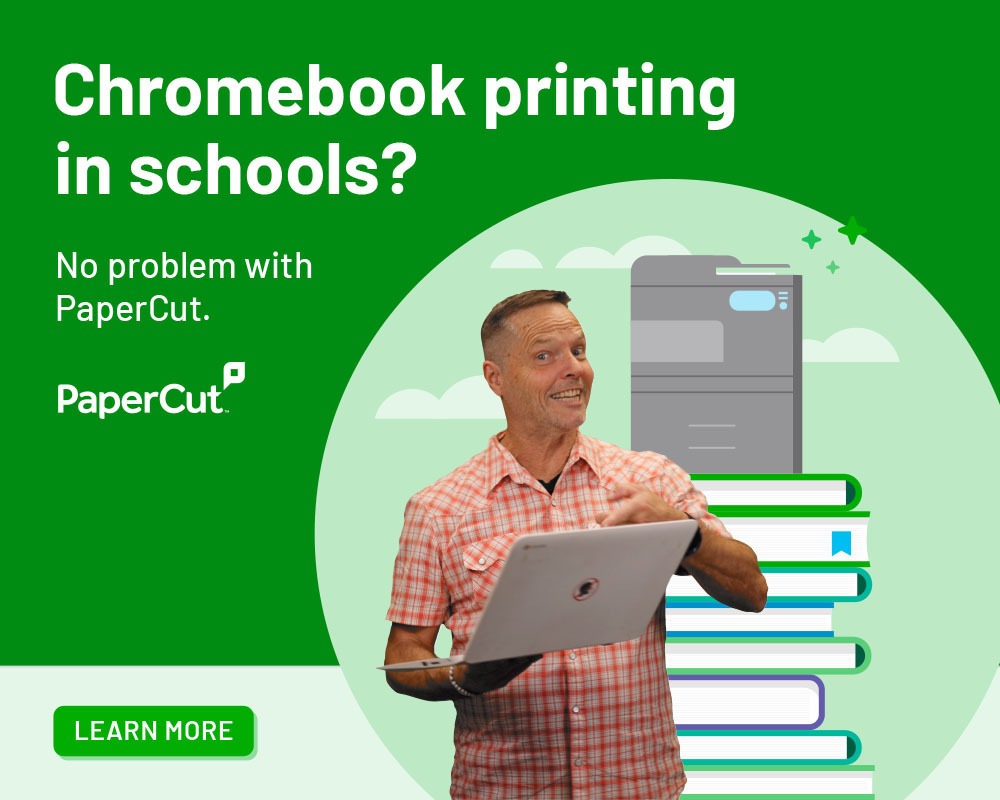
The provision of comprehensive careers guidance in the educational landscape has never been more pivotal. This comprehensive review uncovers challenges and recommendations for school business leaders in how to navigate this tricky terrain.
CREDIT: This is an edited version of an article that originally appeared on GOV.UK
In the dynamic landscape of education in England, providing high-quality careers guidance is now more vital than ever. It’s a powerful tool that helps students explore diverse opportunities and unlock their true potential.
In 2022, the Department for Education (DfE) requested that Ofsted review the provision of careers guidance in schools and further education and skills (FE and skills) providers. In the spring of 2023, a comprehensive research study unfolded. It involved visits to 30 schools and 14 FE and skills providers, examination of inspection evidence, and consultations with inspectors, employers, and independent learning providers (ILPs).
Excellence in career guidance: A collective commitment
The review uncovered a wealth of inspiring examples of excellent practice across the education landscape. Most schools and FE and skills providers displayed unwavering dedication to delivering effective careers guidance to their students. It’s a shared commitment towards shaping students’ futures positively.
Effective careers guidance demands a strategic approach and authentic, personalised engagement with employers. For institutions actively participating in career hubs, employer engagement becomes a seamless and integral part of the process. These hubs contribute significantly to comprehensive career programmes.
An inclusive approach to career options
In an ideal scenario, students should receive unbiased guidance that balances academic and technical pathways. While many schools achieved this, some were yet to attain this balance. These gaps in guidance often arose due to a lack of strategic planning and individual student needs.
Navigating the pandemic impact
The pandemic cast a shadow on the world of education, affecting careers guidance. The impact, however, is receding. Yet, changes in working practices, such as increased remote work, have altered the landscape of work experience opportunities. For schools and FE and skills providers, this shift has posed unique challenges.
Data challenges and resourcing
Navigating destinations data to enhance careers provision is essential but often a challenging endeavour. Limited time and data protection requirements can make the process cumbersome. Educational institutions are working diligently to provide quality guidance within these constraints.
Bridging the gap between technical and academic pathways
School leaders are well-aware of their statutory responsibilities for careers provision, and they are making strides in implementing required changes. Some gaps in understanding, particularly regarding T levels, still exist. Students’ comprehension of technical pathways varies, and some are left feeling uninformed about vocational options.
Harnessing the power of parental involvement
Parents significantly influence students’ career decisions, but their level of engagement varies across institutions. Schools and FE and skills providers must find ways to actively involve parents in the decision-making process.
Promoting work experience in a changing world
While all institutions aim to provide work experience opportunities, the pandemic has permanently altered how these experiences unfold. Innovative approaches, including hybrid models, have emerged, but not all are equally effective. Some students find virtual work experience less impactful.
Enhancing careers provision: The way forward
In light of the review’s findings, several recommendations have emerged:
- Harness the potential of careers hubs for robust employer engagement.
- Ensure the careers programme is led by experienced professionals, with support from careers specialists.
- Expand staff knowledge of technical pathways, promoting them equally alongside academic routes.
- Tailor encounters with employers to be most beneficial for students.
- Explore data aggregation for post-16 and post-18 destinations, improving access to this valuable information.
- Consider methods to enhance the attractiveness of the career’s adviser role.
- Raise awareness and understanding of T levels among schools and employers.
- Establish explicit goals for careers education in key stage 3.
- Explore improved data collection methods for accurate insights into careers advisers and student access to guidance.
The world of careers guidance is dynamic and ever evolving. With a clear understanding of the challenges and recommendations highlighted in this review, SBLs can enhance their careers guidance programmes. Ultimately this will improve students’ experiences, outcomes, and the overall effectiveness of the school.



Be the first to comment